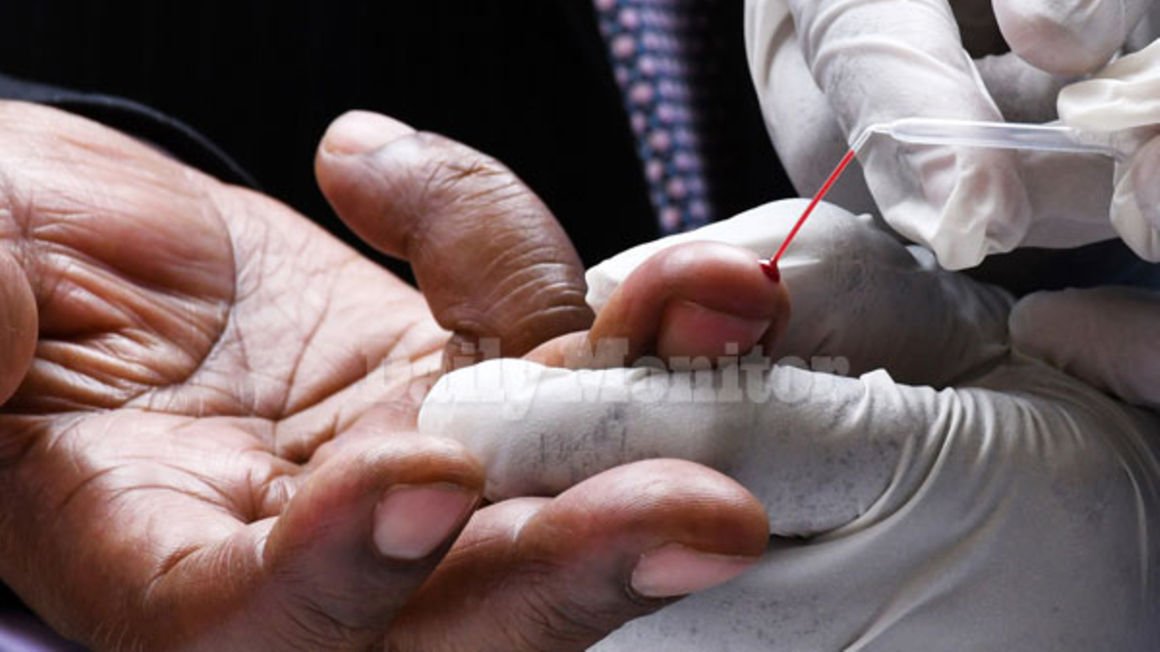We can hit target to kill Aids by 2030

What you need to know:
- The issue: HIV/Aids fight
- Our view: Uganda should revisit some of its best practices. For those involved in the HIV/Aids response, there is the call to revise the HIV/Aids strategy, reactivating the broken communication strategy and resound louder the drums of danger against the pandemic.
Ugandans should celebrate the good news from Unaids or the joint UN programme on HIV/Aids, that we have recorded 60 per cent drop in Aids-related deaths. The UN agency analysis also reports that Uganda has recorded another 62 per cent drop in HIV/Aids infections (Daily Monitor, June 8, 2021).
Better still, the report says 90 per cent of Ugandans living with HIV/Aids know their status, are on treatment, and have their viral loads suppressed. For this, Unaids has flagged Uganda as one of the countries capable of beating and ending the HIV/Aids pandemic as a public health threat by 2030.
We have to grab this challenge, which speaks to our great synergy of common good through genuine political leadership, goodwill and aspirations of our people.
But great hurdles are also lined up on our run to the finish line.
As Unaids executive director Winnie Byanyima warns, we still have to cut down our 100 new infections daily, plus another 1.4 million others living with the illness and requiring treatment for their lifetime. Even more challenging, we still bury not less than 460 Ugandans weekly from HIV/Ads-related ailments, totaling 21,000 deaths yearly. But this shouldn’t dampen our fighting spirit, because we have previously cut the deaths from a high annual 61,000 deaths in 2010 down to 21,000 in 2020.
But as Ms Byanyima advices, let’s have more HIV-infected persons enroll on, access and be retained on life-saving anti-retroviral treatment, which affords them an opportunity to live out full and normal lives. But this also requires that Ugandans stop being complacent but watch their sexual conduct and not be lulled into false security that our lives can be saved by anti-retroviral therapy (ARTs). This means we have got to revive our positive fear of HIV/Aids.
This demands that we pick up the ball we have dropped, which once made the country a global showcase for our response against HIV/Aids. This means Uganda should revisit some of its best practices. For those involved in the HIV/Aids response, there is the call to revise the HIV/Aids strategy, reactivating the broken communication strategy and resound louder the drums of danger against the pandemic so more fear of the disease is once more driven into Ugandans.
On personal levels, we can regenerate the strategy of Abstinence, Being faithful and use of Condoms (ABC) as way of controlling the HIV/Aids epidemic. Above all, our greatest focus for now should be trained on women, especially our young girls, who are feared to be the most vulnerable to contracting HIV/Aids.With dedication, we can rid our country of HIV/Aids by 2030.




